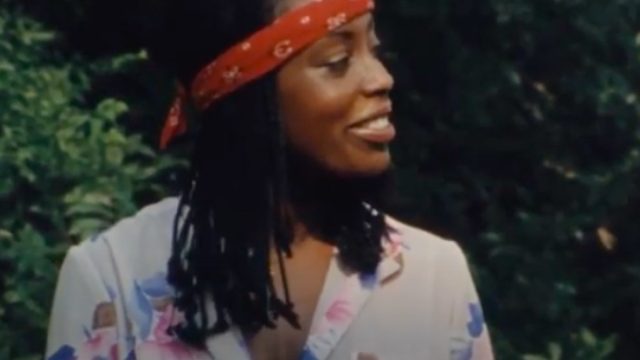These Classic Movies by Black Filmmakers Are Free to Stream Right Now
If you’re looking to expand your knowledge of Black film, The Criterion Channel is here to help. In response to the killings of George Floyd, Breonna Taylor, Ahmaud Arbery, Tony McDade, and so many more, there have been protests and an outpouring of support for the Black community. Along with this, a desire to highlight Black history, Black art, and just the Black experience as a whole is spreading. Given that the Criterion Channel houses many classic and arthouse films from Black directors, the streaming service decided to step up, making several movies by Black filmmakers free for anyone to stream without a subscription.
On June 4, the Criterion Collection announced on Twitter the actions the company will be taking in response to ongoing systemic racism. These include training for the company’s ownership and staff, “examining the role we play in the idea of canon formation,” and a $25,000 initial donation followed by $5,000 monthly commitment to organizations that fight racism in the U.S.
And, of course, there are the movies. Criterion Collection made 15 films available for free on the Criterion Channel streaming service that highlight Black lives. Eleven of the films are from Black filmmakers, while four are from white filmmakers documenting Black stories. The Criterion Channel does have other films from Black directors, but was not able to make all of them available for free, possibly for licensing reasons. “We have taken down the paywall on as many of these titles as we can,” reads a tweet from the Criterion Channel account. To access the entire collection, a subscription is needed, which goes for $99.99/year or $10.99/month.
Continue reading to learn about the films that are available for free and a little more about Black film history. For more insightful things to add to your watch list, check out 13 Documentaries About Race You Need to See If You Haven’t Yet.
1
And when I die, I won’t stay dead (2015)
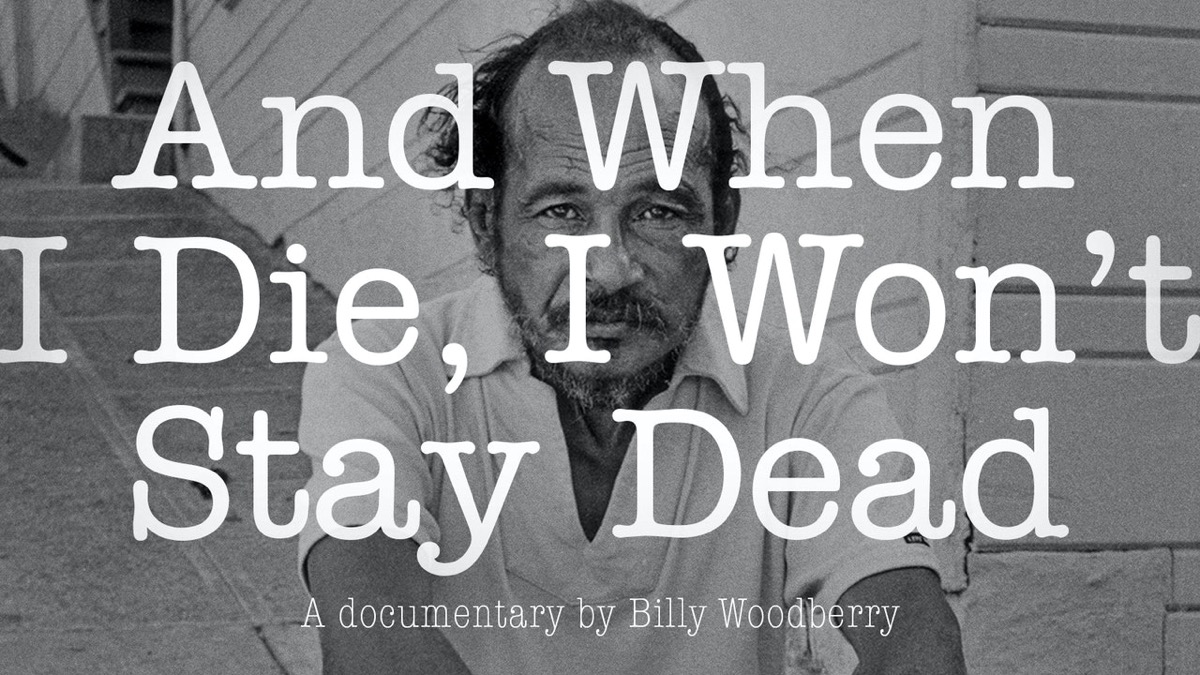
And when I die, I won’t stay dead is a documentary about mixed race Beat Generation poet Bob Kaufman. The film is directed by Billy Woodberry, who was part of the L.A. Rebellion group of filmmakers that came out of UCLA in the 1960s and ‘80s. The film includes interviews with those who knew Kaufman, as well as readings of his poetry. For shopping recommendations, check out 17 Black-Owned Businesses You Can Support Online Right Now.
2
Black Mother (2018)
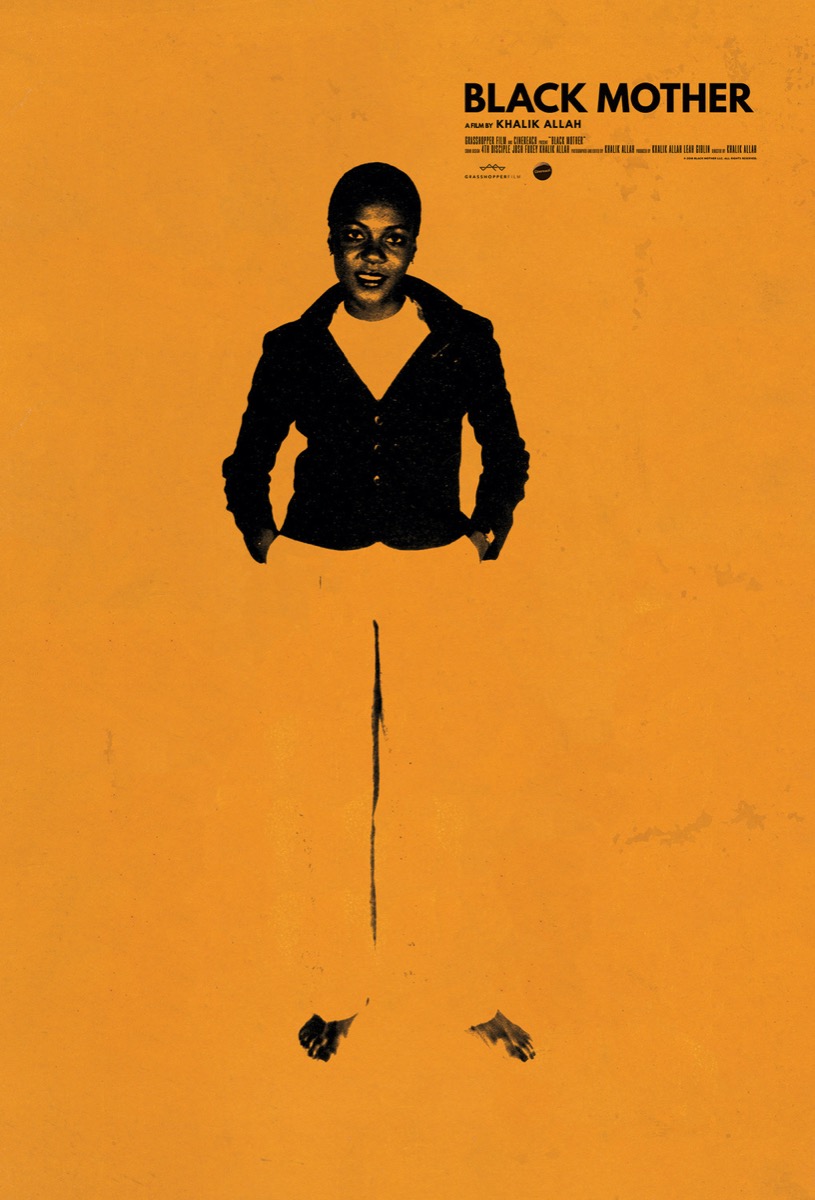
Black Mother is described as “part film, part baptism.” The documentary from director Khalik Allah is an ode to Jamaica, placing focus on the country’s women in particular and on the visuals of the country.
3
Body and Soul (1925)
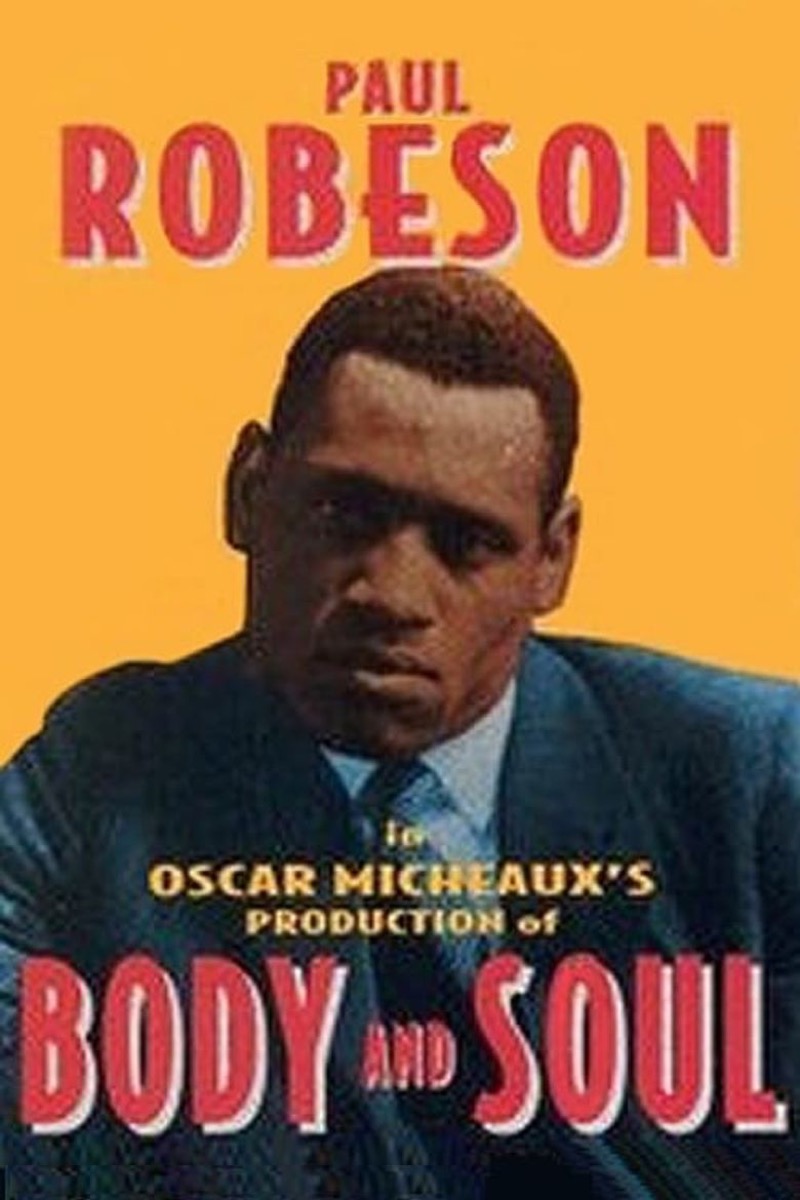
Oscar Micheaux was a director and producer who made over 40 films in the ’20s, ’30s, and ’40s. The Producers Guild of America once called him “the most prolific Black–if not most prolific independent – filmmaker in American cinema.” His 1925 silent film Body and Soul involves long lost twins (both played by singer, actor, and activist Paul Robeson), one of them being a criminal who shows up in town unexpectedly.
4
My Brother’s Wedding (1983)
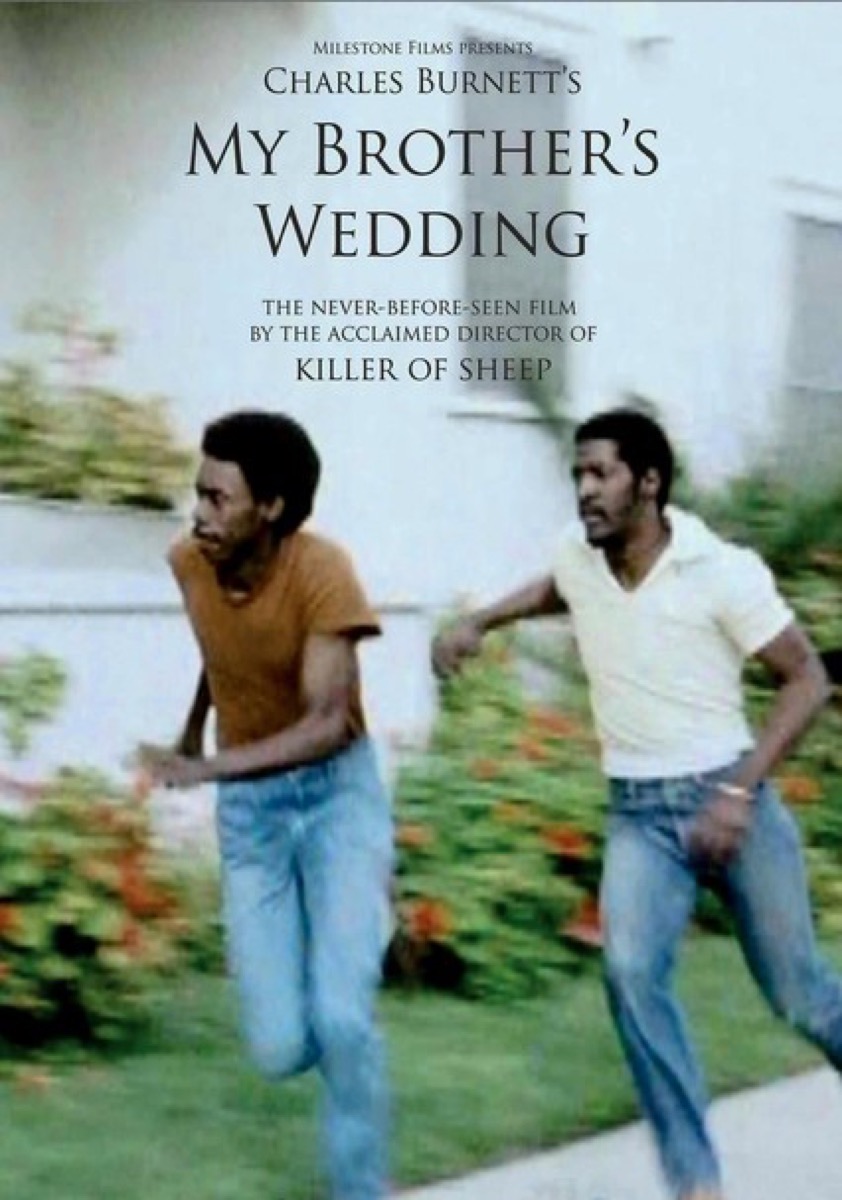
This 1983 film is about a man in South Central Los Angeles, who comes into a conflict with his brother’s fiancée, because she’s from a rich family and he thinks she’s not aware of how privileged she is. The director, Charles Burnett, is another L.A. Rebellion filmmaker. To continue educating yourself on race through reading, check out These Are the Books Everyone Is Buying Right Now.
5
Cane River (1982)
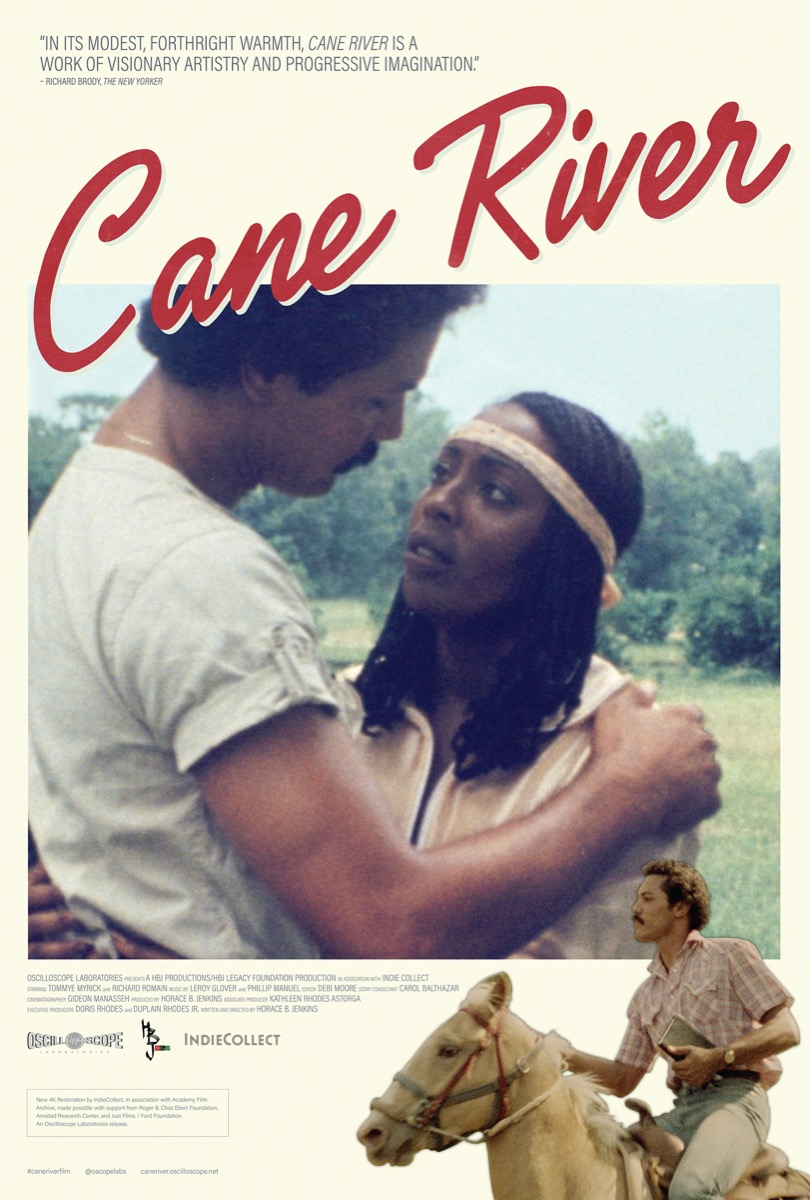
Like My Brother’s Wedding, Cane River is also focused on the socioeconomic difference between two Black characters. In Cane River, a man (Richard Romain) and a woman (Tommye Myrick) fall in love in Louisiana, with one being from a wealthy creole background and another from a working-class family. The film is directed by Horace B. Jenkins, who worked with an entirely African American cast and crew.
6
Daughters of the Dust (1991)
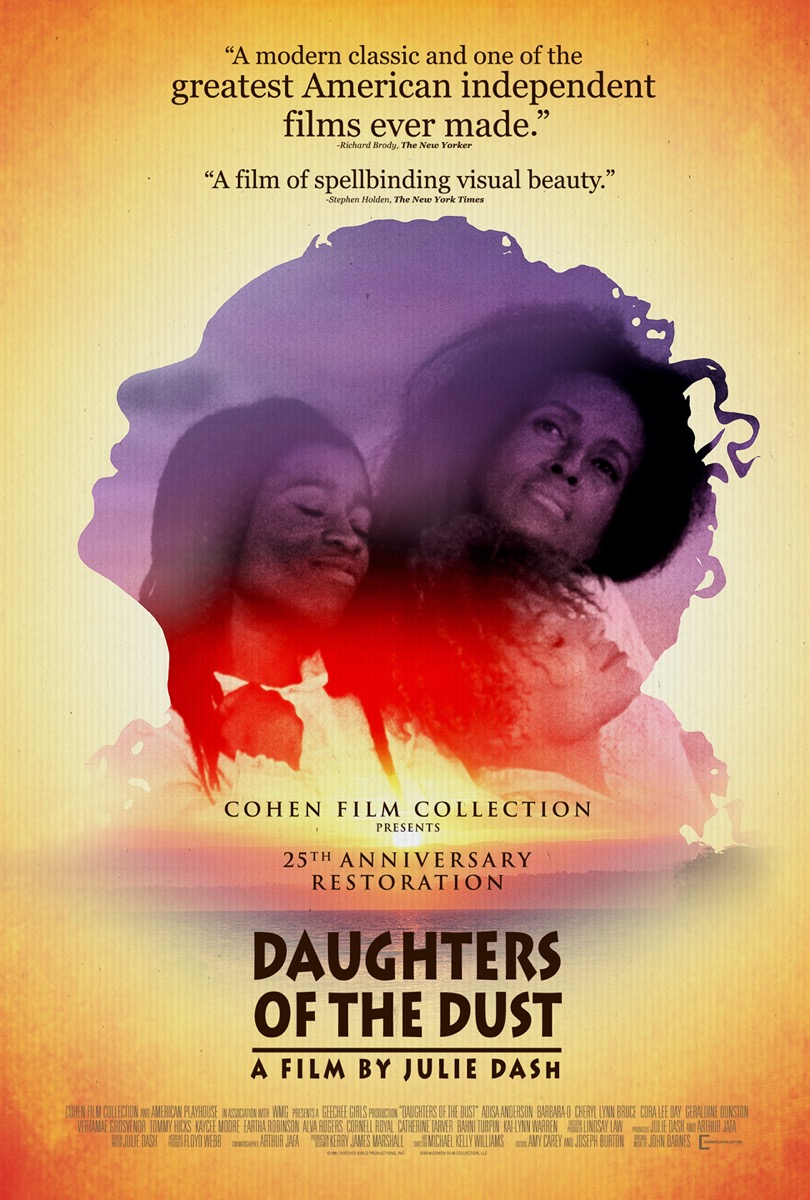
Set in 1902, Daughters of the Dust is about the Gullah community of the coast of South Carolina. In the film, a family considers moving to the mainland while still trying to keep their traditions alive. Directed by Julie Dash, it was the first film from an African American woman director to receive a wide release.
7
Down in the Delta (1998)
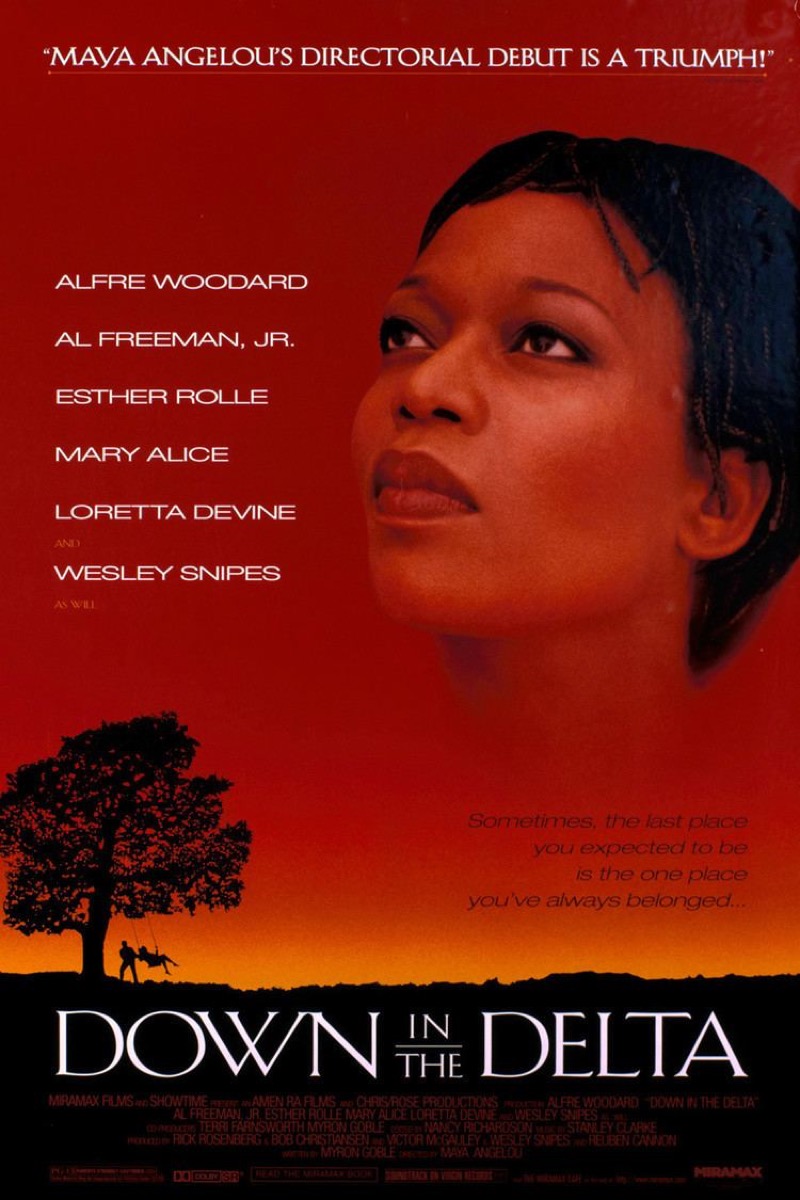
Did you know Maya Angelou was also a film director? Down in the Delta is the iconic writer’s only film. It stars Alfre Woodard as a woman from Chicago who is sent to visit family in rural Mississippi. While she doesn’t want to go, she ends up connecting with her history while she’s there. And for more up-to-date information, sign up for our daily newsletter.
8
Losing Ground (1982)
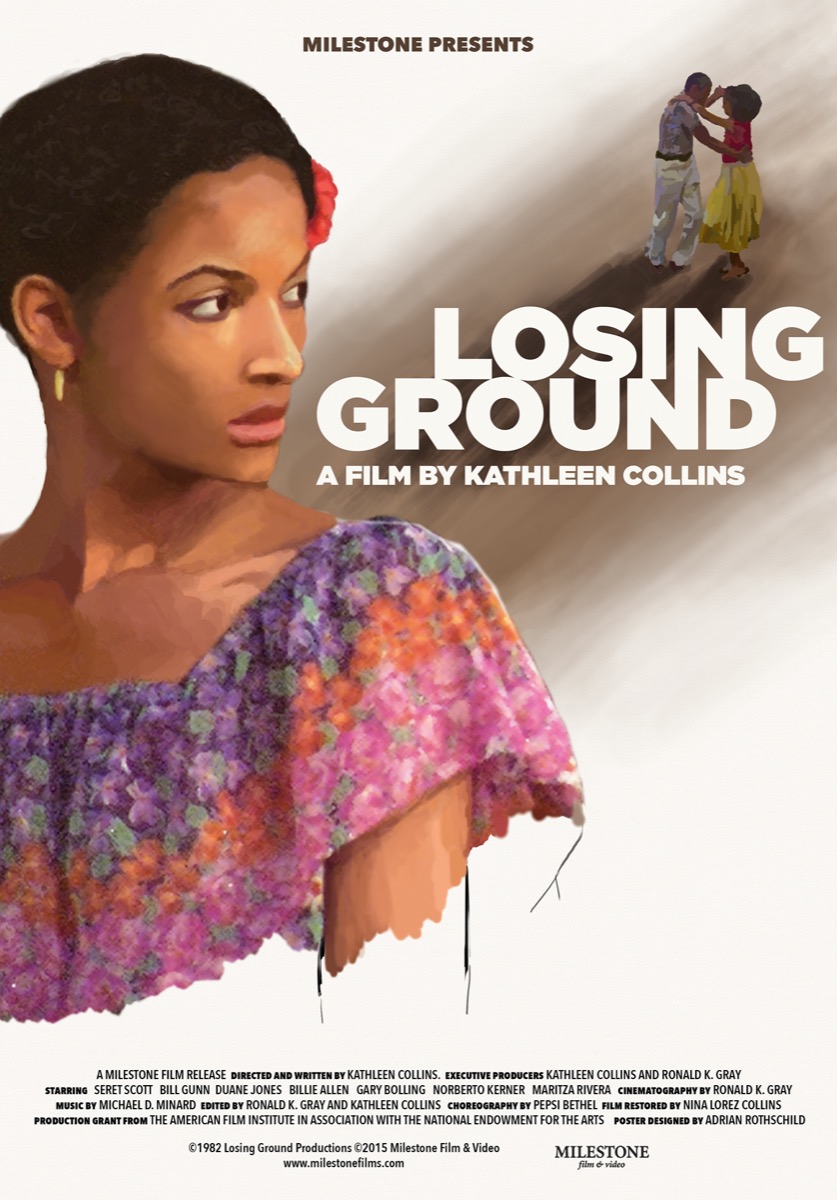
Losing Ground from 1982 is one of the first feature films directed by a Black woman. The movie from Kathleen Collins is about a married couple from New York City, who go to live in a house upstate for the summer. Taking time to relax and reflect leads to a whole lot of drama and jealousy.
9
Suzanne, Suzanne (1982)

Suzanne, Suzzanne is a short documentary film directed by married couple and frequent collaborators Camile Billops and James Hatch. The story centers around Billops’ niece and is about abuse and family members who look the other way.
10
Symbiopsychotaxiplasm Take One (1968)
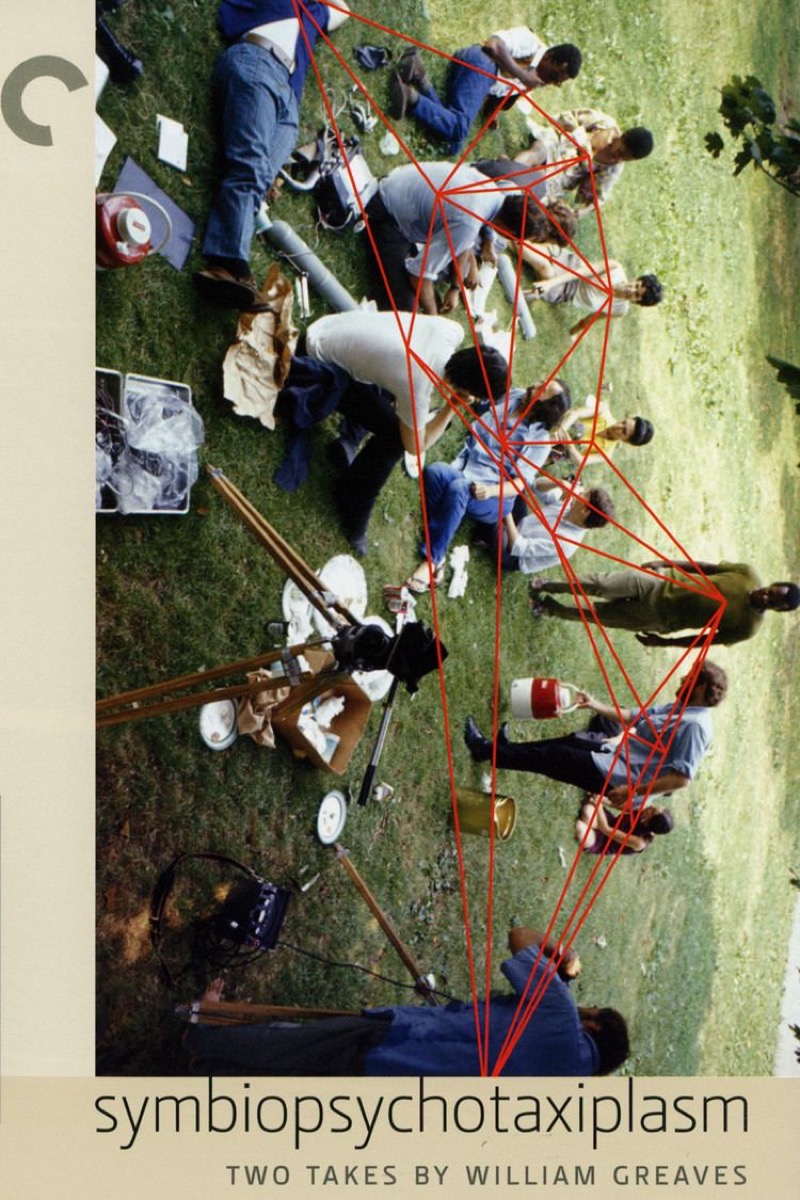
William Greaves’ Symbiopsychotaxiplasm Take One is a movie about making movies that is both a documentary and fiction. According to Criterion’s synopsis, “Greaves presides over a beleaguered film crew in New York’s Central Park, leaving them to try to figure out what kind of movie they’re making” in this “wildly innovative ’60s counterculture landmark.”
11
The Watermelon Woman (1996)
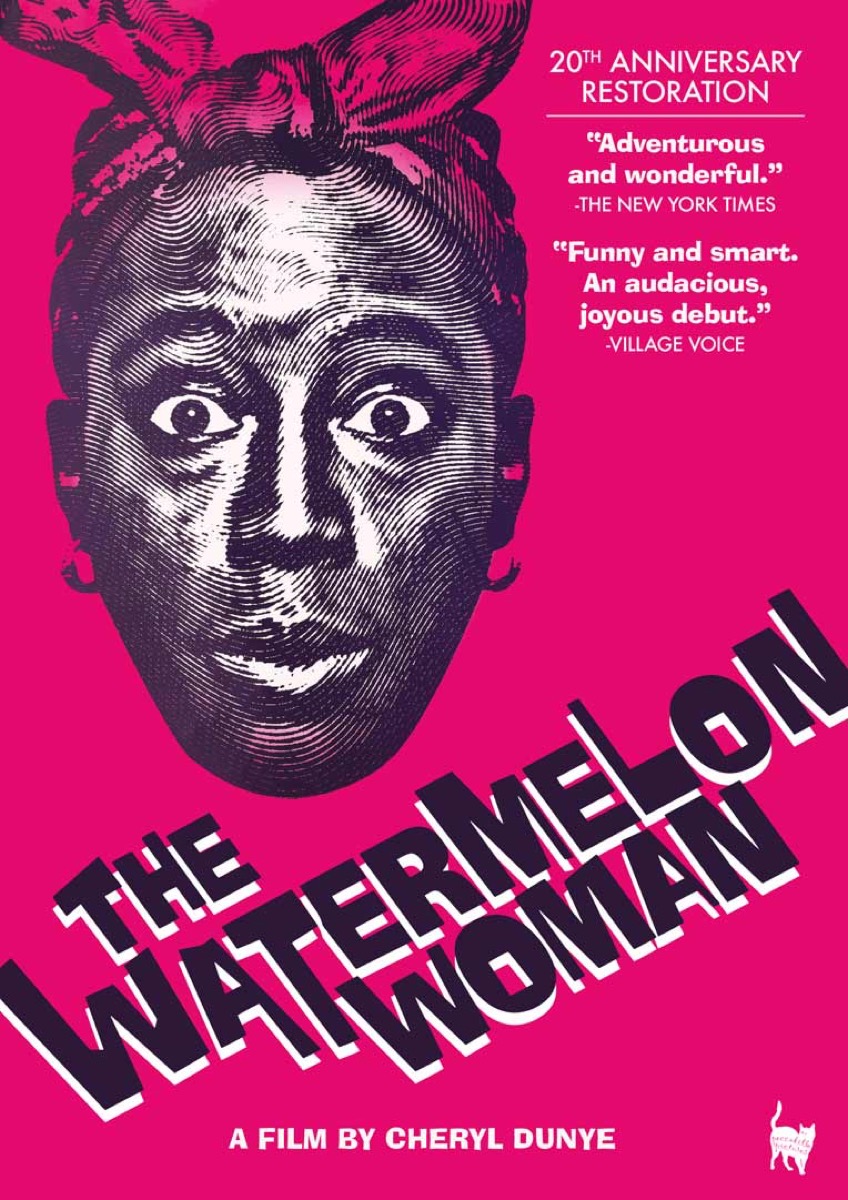
The Watermelon Woman, “a landmark look at the Black lesbian experience,” is directed by and stars Cheryl Dunye, and was her debut feature. It follows a twenty-something woman, who is working on making a documentary about an actor from the 1930s known as the Watermelon Woman.
In addition to these 11 films from Black filmmakers, the four other films that are now streaming for free on Criterion Channel are:
Black Panthers (1970) a short documentary by French filmmaker Agnès Varda about the organization’s cofounder Huey P. Newton.
Portrait of Jason (1967) directed by Shirley Clarke and documenting a 12-hour period with Jason Holliday, “a gay hustler and aspiring cabaret performer.”
The Scar of Shame (1929) directed by Frank Perugni. It’s a silent film about a Black couple who are from different social statuses.
A Well Spent Life (1971), a documentary from Les Blank about blues and folk guitarist Mance Lipscomb.
